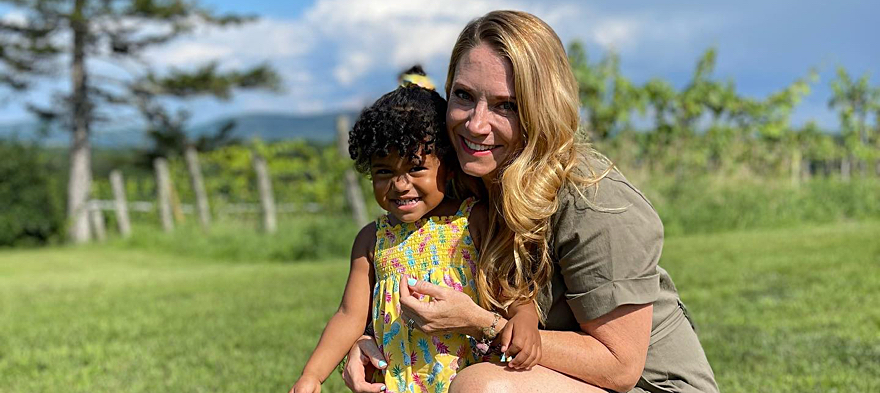
Sep 8, 2021 12:00:00 AM
by Megan Allen
I can name the Black educators I had growing up on one hand.
One. Hand.
And if I add the ones I had in college and graduate school, I’m still on that same one hand (gulp).
Let’s look at some data for context. I did a rough calculation of the total number of teachers I’ve had in my preschool-12th grade public school career — about 52. So for me, 5.7% of my teachers were Black. That’s not far off from the national average — currently, it is estimated that about 7% of teachers are Black even though 13% of the students that we serve are Black.
The average teacher? I’d do well to look in the mirror because [pullquote]I am the average American teacher — 43 years old, white, female.[/pullquote]
Here’s why that’s a problem.
This Thursday, September 9th is the #WeNeedBlackTeachers Day of Action. This movement is youth-organized and youth-led, with a goal of making sure Black students see themselves in the teaching force, increasing their ability to reach their full potential in positive and affirming educational spaces.
And we can all be a part of this movement! Here’s how to join:
That’s it! A simple lift to highlight and celebrate the Black teachers who have made a difference in our lives, in hopes that we can draw even more attention to this important issue.
I taught at many a school that served all Black and brown kids, though the teaching staff was mostly white. Yes, I loved my kids, I taught my heart out, and we all grew miles and miles.
But [pullquote]I’m pretty sure my students would have grown more if I wasn’t just one more white teacher in front of them.[/pullquote]
I think about that for my daughter, who is biracial. She started school last week, and I can’t help but worry that her teachers don’t look like she does.
When she’s my age looking back, I hope she has more than one hand up when she counts her Black teachers. I’m counting on it. Not because being a white, female teacher (like myself) is a bad thing, but because I want her to see the beautiful brilliance that can be her future as a Black woman.
Dr. Megan Allen is a National Board Certified Teacher, 2010 Florida Teacher of the Year, the founder and owner/operator of The Community Classroom tutoring, and the host of To The Core: An Education Podcast For Parents. She's also served families as a public school teacher in Florida, a college and university faculty member, the director/developer of a graduate program for teachers, a director of a national non-profit. But her favorite role is the mama to one beautiful little toddler and the stepmama to four teens.
Few issues in education spark more tension and debate than standardized testing. Are they a tool for equity or a burden on students? A necessary check on school systems or a flawed measure of...
Charter schools are public schools with a purpose. Operating independently from traditional school districts, they're tuition-free, open to all students, and publicly funded—but with more flexibility...
Despite the benefits of a diverse teaching force, prospective teachers of color fall out of our leaky preparation pipeline at every stage: preparation, hiring, induction, and retention. Here’s what...
Ed Post is the flagship website platform of brightbeam, a 501(c3) network of education activists and influencers demanding a better education and a brighter future for every child.
© 2020-2025 brightbeam. All rights reserved.
Leave a Comment